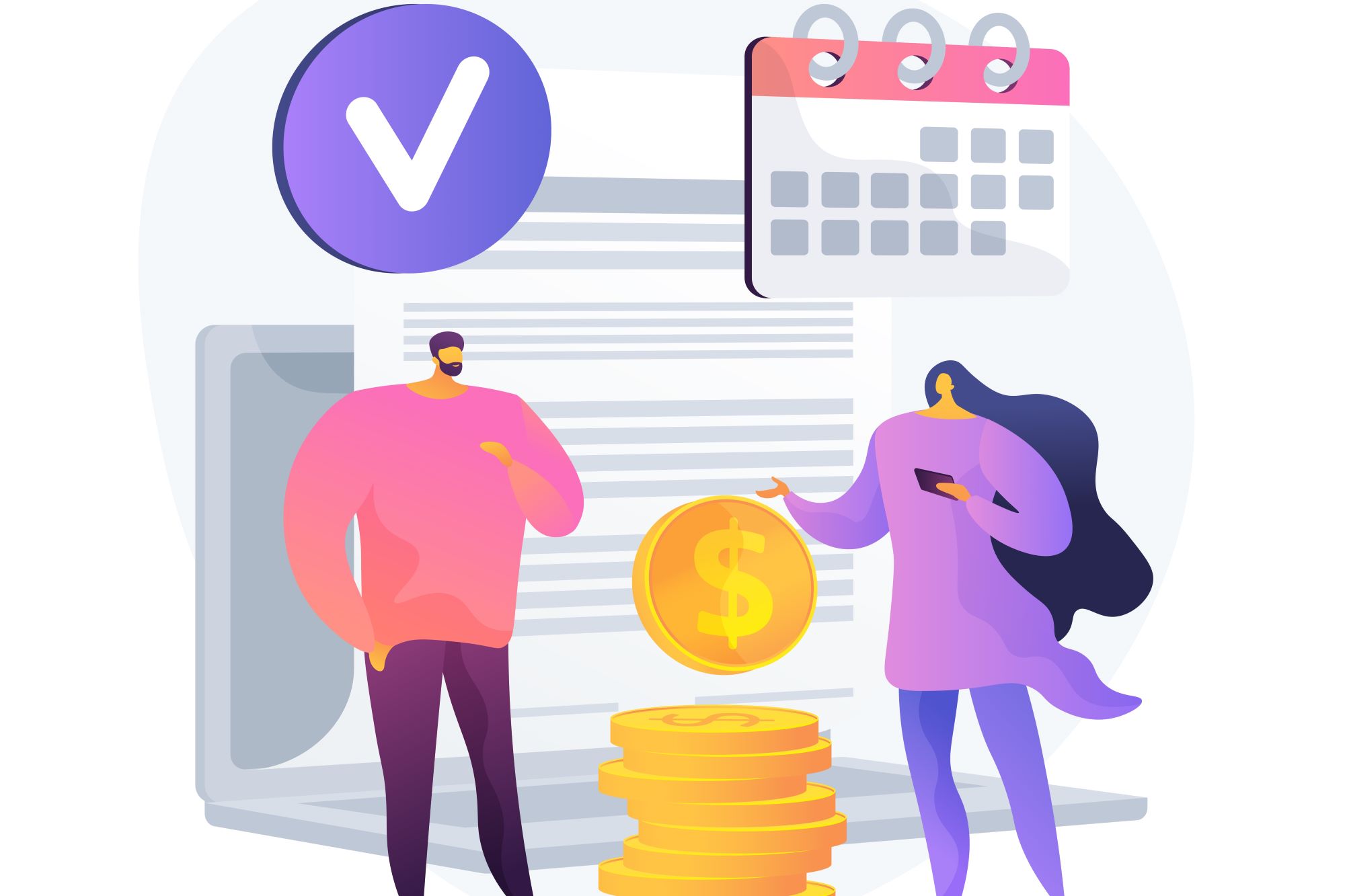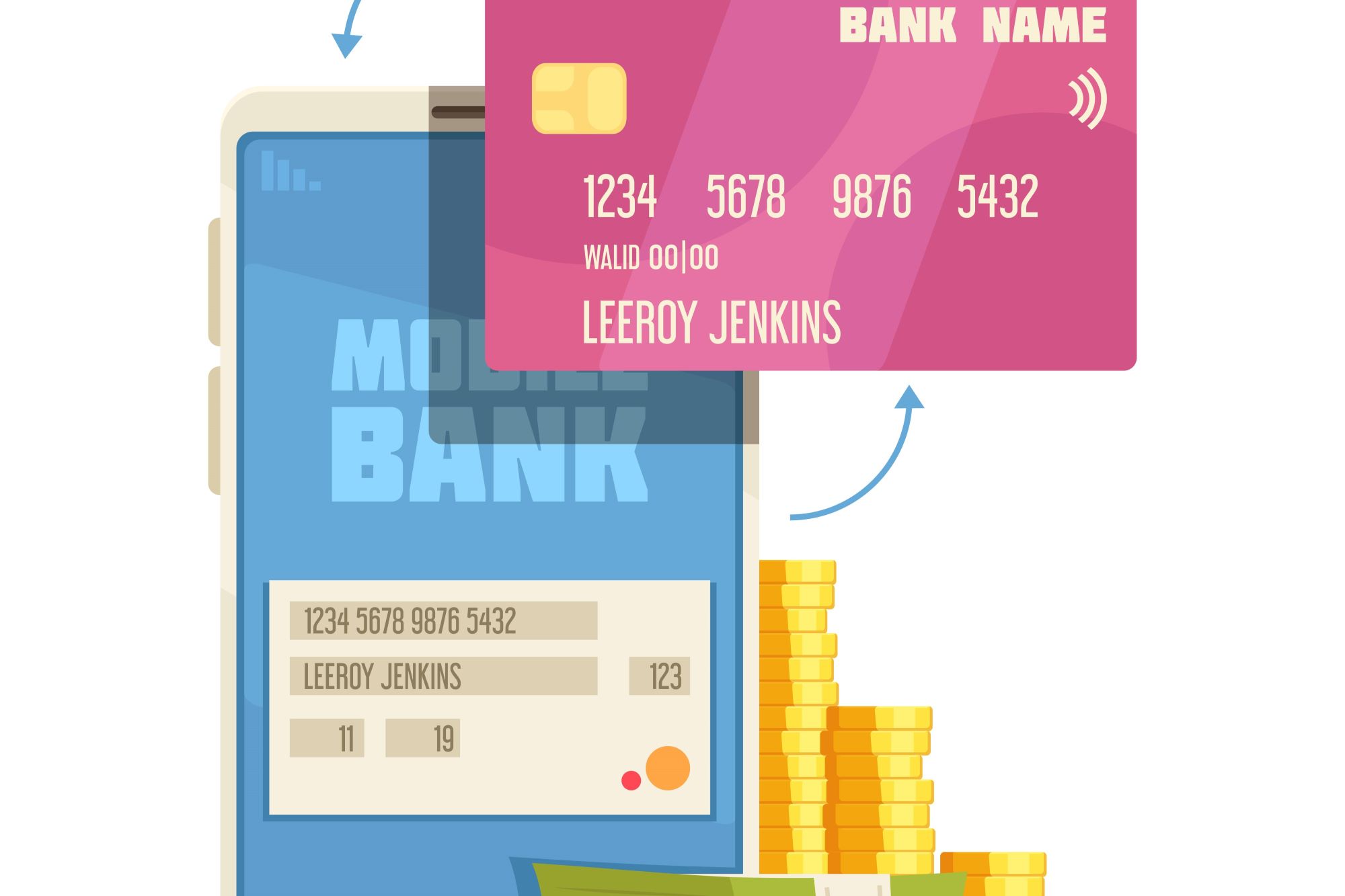Payday loans are short-term, high-interest loans designed to provide quick cash to individuals in need of financial assistance before their next paycheck. While these loans can be a lifeline in emergencies, it’s crucial to understand the key requirements for qualifying to avoid any surprises during the application process. This article will walk you through everything you need to know about qualifying for a payday loan, from basic qualifications to the application process and beyond.
Basic Qualifications for Payday Loans
Age Requirement
One of the most fundamental requirements for qualifying for a payday loan is the age criterion. Lenders stipulate that applicants must be at least 18 years old to be eligible for a payday loan. This age requirement is crucial as it ensures that the borrower is legally recognized as an adult, capable of entering into a binding contract. Being an adult implies that the borrower has the legal capacity to understand and commit to the terms and conditions of the loan agreement. This regulation helps protect both the borrower and the lender by ensuring that the contract is enforceable under the law.
Additionally, the age requirement is a basic but important safeguard in the lending process. It prevents minors, who might not fully understand the financial obligations and risks involved, from taking on debt. This requirement is universally recognized and strictly adhered to by payday lenders. As such, potential borrowers must provide proof of age, typically through a government-issued ID like a driver’s license or passport. This verification process helps maintain the integrity and legality of the lending process, ensuring that all transactions are conducted responsibly and ethically.
Proof of Identity
Verifying the identity of the applicant is another critical requirement for obtaining a payday loan. Lenders need to ensure that the person applying for the loan is who they claim to be. This verification process involves providing a government-issued photo ID, such as a driver’s license, passport, or state ID card. The purpose of this requirement is to prevent fraud and identity theft, which can pose significant risks to both the borrower and the lender. By confirming the borrower’s identity, lenders can ensure that the loan is being issued to the correct individual and that the transaction is secure.
The proof of identity requirement also serves as a measure to protect against illegal activities such as money laundering and financing of illicit activities. By requiring valid identification, lenders adhere to regulatory standards and contribute to a safer financial environment. This step not only protects the lender but also instills confidence in borrowers, knowing that the lending process is conducted with due diligence and security. Therefore, ensuring proper identification is a cornerstone of the payday loan qualification process, promoting transparency and trust between the borrower and lender.
Active Bank Account
Having an active checking account is a non-negotiable requirement for qualifying for a payday loan. This requirement is essential because the entire payday loan process, from disbursement to repayment, relies on the borrower’s bank account. When a payday loan is approved, the lender typically deposits the loan amount directly into the borrower’s checking account. This method is fast, secure, and convenient for both parties. Additionally, the repayment of the loan is often scheduled to be automatically withdrawn from the same account on the due date, ensuring a seamless and efficient transaction process.
The requirement for an active bank account also serves multiple practical purposes. It helps lenders assess the financial stability and reliability of the borrower. By examining the borrower’s bank account, lenders can verify the presence of regular deposits, which indicate a steady income. Furthermore, it simplifies the process of tracking and managing loan repayments, reducing the risk of missed payments or defaults. For borrowers, having a linked bank account facilitates quick access to the loan funds and ensures that repayments are made on time, helping them avoid additional fees or penalties. Therefore, maintaining an active checking account is a crucial prerequisite for anyone seeking a payday loan.
Employment and Income Criteria
Steady Source of Income
One of the critical requirements for a payday loan is proof of a steady source of income. Lenders need to be assured that you have the means to repay the loan. This income can come from various sources, such as:
- Employment
- Social security
- Regular financial assistance
Lenders typically require recent pay stubs, bank statements, or other documentation that verifies your income source. This requirement ensures that you have a reliable means of repaying the loan on time.
Minimum Income Threshold
Lenders often set a minimum income threshold to ensure that borrowers can manage the loan repayments alongside their other financial responsibilities. This threshold varies by lender but is typically around $1,000 per month after taxes. Meeting this income threshold helps lenders determine your ability to repay the loan without undue financial strain. Ensuring that you meet this criterion is vital for your application’s approval.
Proof of Employment
To verify your steady income, lenders usually ask for proof of employment. This can include:
- Recent pay stubs
- A letter from your employer
- Other documentation that confirms your employment status and income level
Providing proof of employment assures lenders that you have a consistent income, which is crucial for repaying the loan. This documentation helps establish your financial stability and reliability as a borrower.
Residency and Contact Information
Proof of Residency
Lenders need to verify that you are a resident of the state where you are applying for the payday loan. This is crucial as lending laws can vary significantly from state to state, and lenders need to ensure compliance with local regulations. Proof of residency can be established through various documents, each providing different forms of validation. Commonly accepted documents include utility bills, lease agreements, and bank statements. These documents must clearly show your name and address to be valid.
Providing proof of residency not only helps in complying with state laws but also adds an extra layer of security to the lending process. It ensures that the borrower has a stable living situation and can be contacted if needed. Additionally, this requirement helps prevent fraudulent applications by ensuring that the loan is being issued to a legitimate resident.
| Document Type | Example | Requirements |
| Utility Bills | Electricity, Water, Gas | Must show name and address |
| Lease Agreements | Rental Contracts | Signed by both parties |
| Bank Statements | Monthly Statements | Must be recent (within 3 months) |
Valid Contact Information
Having valid contact information is crucial for both the lender and the borrower throughout the loan process. Lenders require a valid phone number and email address to communicate essential details about your loan status, repayment schedule, and any issues that may arise. This communication is vital for ensuring that you are always informed and can respond promptly to any notifications.
From the borrower’s perspective, providing valid contact information ensures that you receive timely updates about your loan. It allows for smooth communication, whether it’s about a change in repayment terms, reminders about upcoming payments, or inquiries about your application status. Keeping your contact information up-to-date with the lender is essential for maintaining clear and effective communication, which helps in managing your loan efficiently.
Application Process
Online Application Forms
Applying for a payday loan has become increasingly convenient with the advent of online applications. Most payday lenders now offer easy-to-fill online forms that can be completed in a matter of minutes. These forms are designed to be user-friendly, guiding you step-by-step through the necessary information and documentation needed. To expedite the process, it’s beneficial to have all required documentation ready, such as your proof of identity, proof of income, and proof of residency. This preparation helps in completing the application swiftly and accurately.
Online applications also offer the advantage of being accessible from anywhere at any time, providing flexibility for applicants who may not have the time to visit a physical location. The digital process also speeds up the verification and approval stages, often resulting in quicker access to funds. The convenience and efficiency of online applications make them a popular choice for many borrowers looking to secure a payday loan quickly.
In-Store Application Options
For those who prefer a more personal touch, many payday lenders also offer in-store application options. Visiting a physical location allows you to interact directly with loan officers, ask questions, and receive immediate assistance. This face-to-face interaction can be particularly beneficial for first-time borrowers or those who have specific concerns that they want to address in person. In-store applications can also provide a sense of security and reassurance as you can verify the legitimacy of the lender and the loan terms directly.
In-store applications may require more time compared to online forms, but they offer the advantage of personalized service. You can receive tailored advice and ensure that all your documents are in order before submission. This method also allows for immediate feedback and potentially faster resolution of any issues or questions that arise during the application process. Overall, the in-store option provides a comprehensive and supportive environment for borrowers seeking payday loans.




